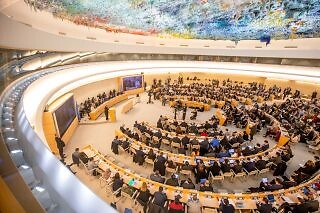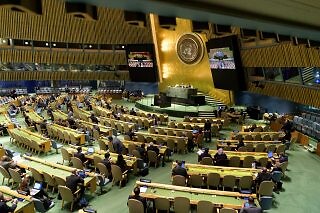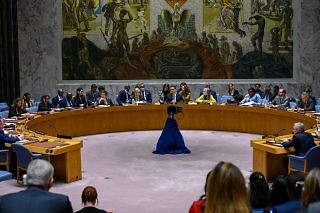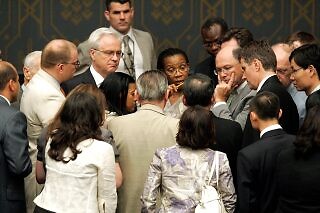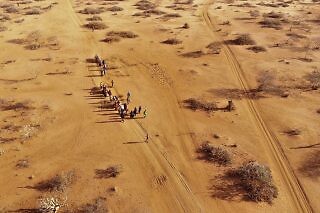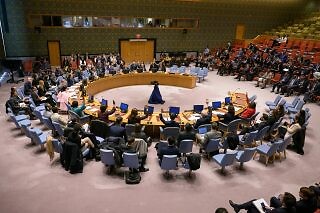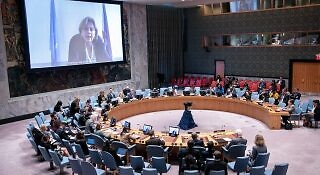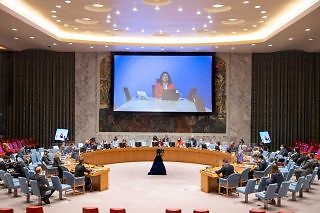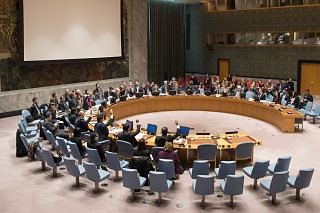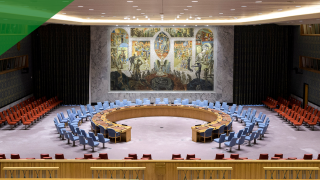Whether through its investigative capabilities, its special rapporteur system, or the forum itself, the Human Rights Council could evolve to become a more central and effective actor in addressing peace and security risks.
Tag: security council
-
-
The 78th United Nations (UN) General Assembly is convening at a time when humanity seems to be at war with itself and the environment. It has been charged with rebuilding trust in the multilateral system and reigniting global solidarity, which is approaching a danger zone. The culminating event of this process, the September 2024 Summit […]
-
Contrary to perceptions, there is compelling scientific evidence in the IPCC’s AR6 report that climate change constitutes a risk to peace and security.
-
Greater sharing of the pen within the Security Council could help mend perceptions of partiality and facilitate more inclusivity.
-
2023 could be a good year for advancing climate-related issues in the United Nations Security Council.
-
Last week, the United Nations Security Council (UNSC) adopted Resolution 2664, a cross-cutting humanitarian carve-out for all UN sanctions regimes–including the 1267 ISIL/al-Qaida regime–to safeguard the timely and effective conduct of humanitarian activities.
-
The fact that a standing humanitarian exemption was added from the outset in the Haiti sanctions regime signals a shift within the UNSC toward recognizing the need to anticipate and mitigate the adverse impacts of sanctions on humanitarian action.
-
While briefing the Security Council has always been a male-dominated affair, more women have been included over the years, a development which came at the same time as an overall increase in the number of briefers.
-
Later this month—with little fanfare—United Nations Security Council members are expected to adopt a resolution extending the expiring mandate of the Counter-Terrorism Executive Directorate (CTED).
-
The ways forward are clear. If they are taken, Security Council leadership on addressing climate-related security risks—underpinned by a thematic resolution—is still in prospect.
